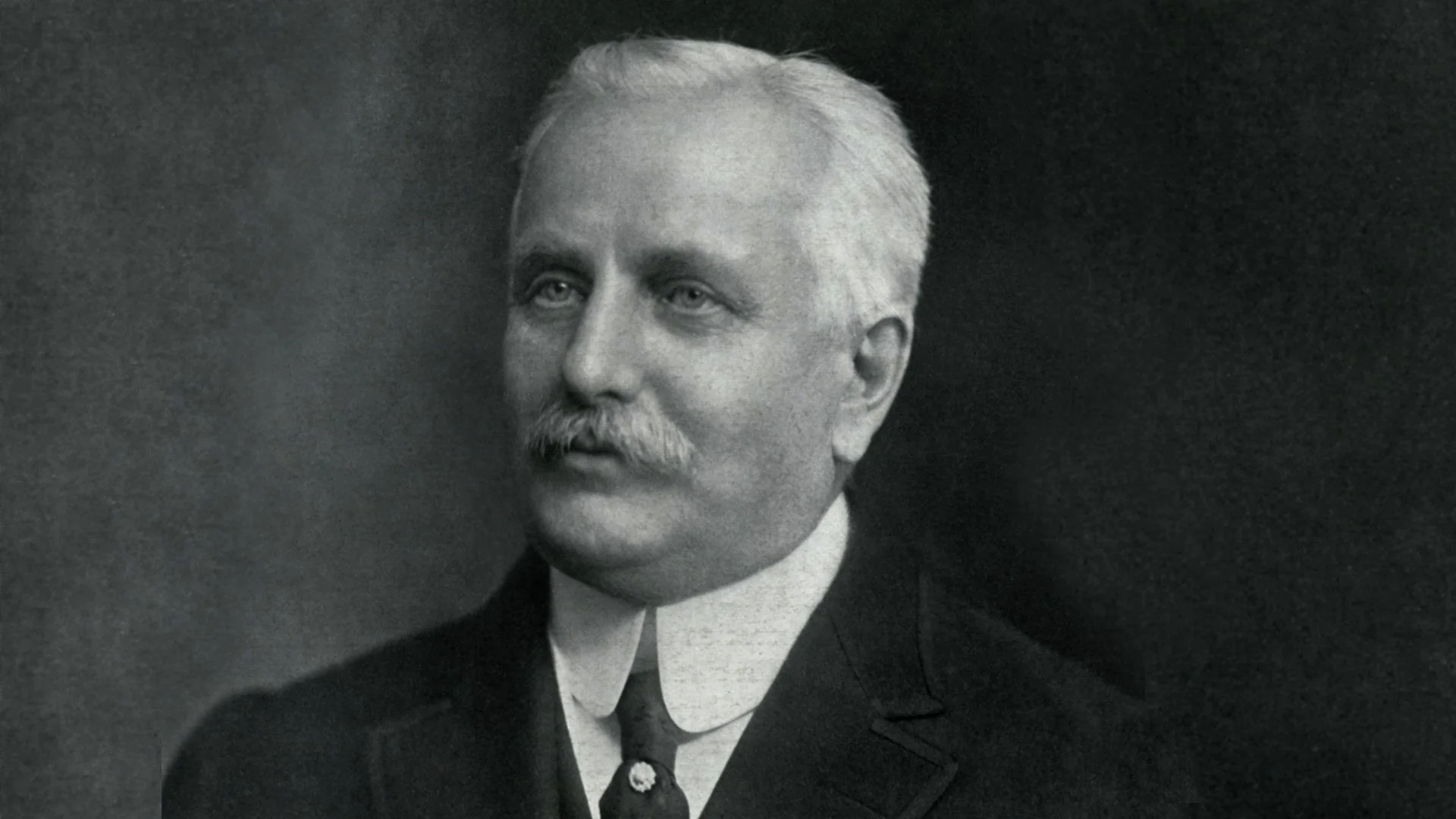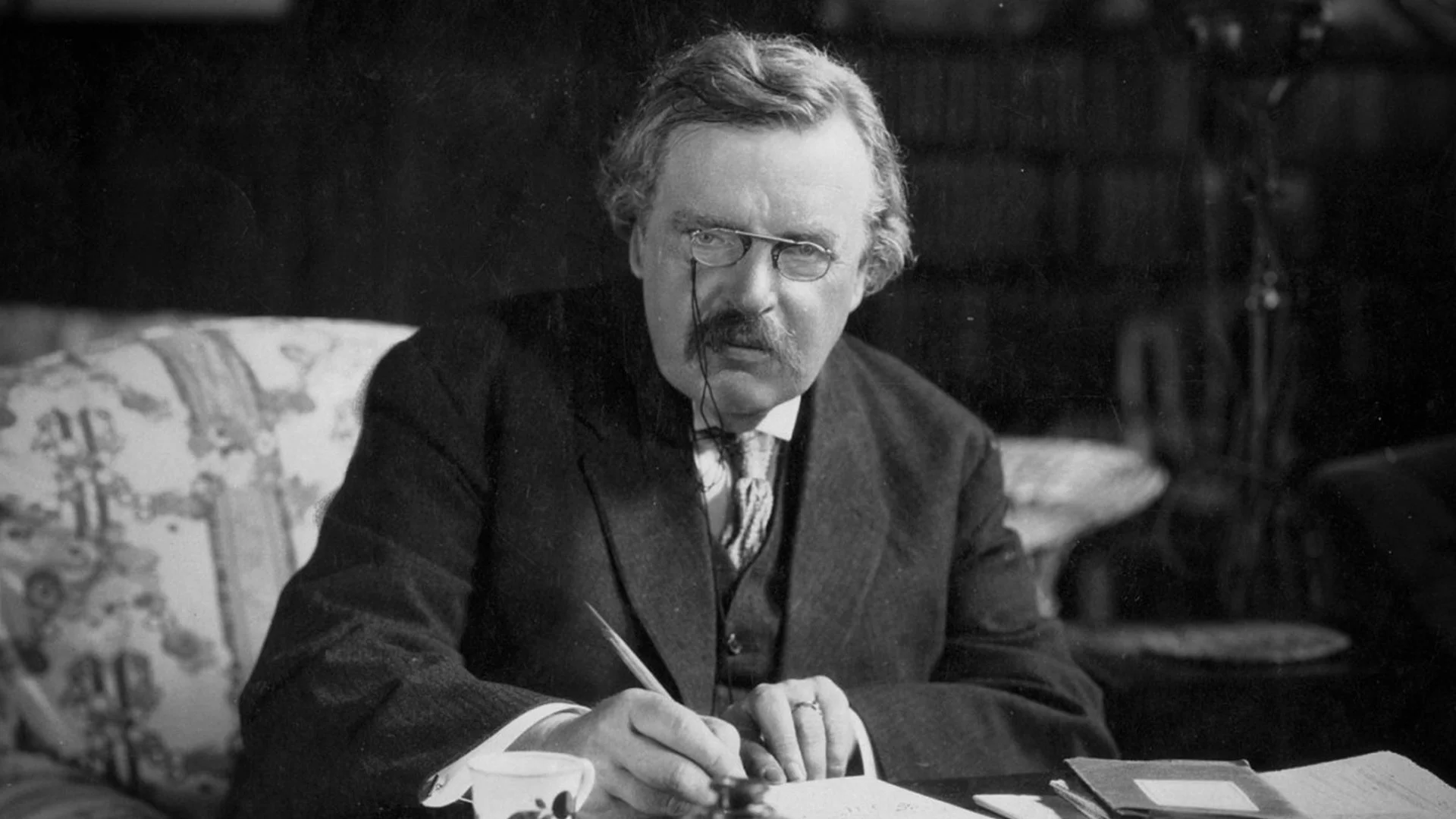Ever been a part of a conversation that went over your head? Maybe it was about a certain sport, and suddenly the others involved started naming players and strategies you had never heard of. Or you’re sitting with colleagues and they mention business jargon and acronyms you are not familiar with. It’s that moment when you realize the others at the table know much more about the subject at hand than you do. Perhaps you react by assigning a higher degree of respect to those people. And you might listen a little closer, trying to pick up on some things you don’t know. You might begin to think of them as “higher ups”—those who are on another level in their thinking and actions.
This is equally true in a spiritual sense. There are aspects of the Father that go above our heads. God said, “For my thoughts are not your thoughts, neither are your ways my ways, saith the Lord. For as the heavens are higher than the earth, so are my ways higher than your ways, and my thoughts than your thoughts” Isaiah 55:8-9. Though we can’t possibly know all the ways of God, we can know, in a broad sense, how God’s ways are higher our ways. This helps us to know God more fully and interact with Him more honestly and openly as we grasp what it means to have a supreme nature.
God’s Person is higher. God is perfect, holy and sinless. We are flawed, sinful. If God Himself is perfect, then His will and ways will also be without error. God doesn’t make mistakes. While our best works are called “dirty rags” in Scripture (Isaiah 64:6), God is always good and has divine greatness (Romans 3:23).[1]This puts us in a position of humility before the Lord (Matthew 26:39, Matthew 26:42, Mark 14:36, Luke 22:42, 1 Peter 2:22-24). Because God is higher, we have no room for pride or boasting in our own ways, efforts of accomplishments. Because God is perfect, He is also trustworthy. God’s very nature allows us to have confidence that He is worthy of worship and devotion.
God’s power is mightier. God is omniscient, omnipotent and omnipresent. He knows everything, is all powerful, and is in all places, at all times. We experience our lives from only one limited perspective. The nature of God is that He is not limited in anything. Thus, His choices and actions are made with knowledge, perception, and foresight we do not and cannot possess. When Job is suffering, he questions God’s actions. God’s response reminds Job of his limited perspective:
“Where were you when I laid the earth’s foundation? Tell me, if you understand. Who marked off its dimensions? Surely you know! Who stretched a measuring line across it? On what were its footings set, or who laid its cornerstone—while the morning stars sang together and all the angels shouted for joy? Who shut up the sea behind doors when it burst forth from the womb, when I made the clouds its garment and wrapped it in thick darkness, when I fixed limits for it and set its doors and bars in place, when I said, ‘This far you may come and no farther; here is where your proud waves halt’? Have you ever given orders to the morning, or shown the dawn its place, that it might take the earth by the edges and shake the wicked out of it?” Job 38:4-13
Do you read a hint of God’s power in His questions to Job? God tells Job clearly that he lives among the trees of the forest, with a limited perspective, while God has the 30,000-foot vantage point. It is natural for us to worry about the things we cannot see and cannot control. God’s response is to have faith in the One who sees everything, knows everything, and has ultimate control.
God’s purposes are greater. Just as our perspective and power is limited in comparison to God, our ability to fully discern His purpose in a given situation is also minute. Everything that He causes to happen or allows to happen is an integral part of His greater purpose. Scripture tells us that everything God does, no matter the challenge or negative effect on us, is for the best. Romans 8:28 confirms, “And we know that for those who love God all things work together for good, for those who are called according to his purpose.” God’s plans also take priority, as taught in Proverbs 19:21: “Many are the plans in the mind of a man, but it is the purpose of the Lord that will stand.”
Some Christians might express their faith by saying, “My faith in Jesus is a part of my life.” But this is not a correct view of God’s purposes. The reality is that we are all subject at all times to God’s higher purposes. God is not a part of our lives; rather, we are serving a role in God’s creation, ultimately to bring glory to Him. We are, literally, a work of God. Psalm 138:8 declares, “The Lord will fulfill his purpose for me; your steadfast love, O Lord, endures forever. Do not forsake the work of your hands.”
When we look up to the High Ways of God, it should result in both our humility and our confidence. It is humbling to consider God’s holiness, God’s might and God’s purposes. If God is without flaw, and there is nothing He cannot foresee and nothing He cannot do, then everything we know and experience falls within the bounds of His creation and are subject to His will. A natural and good reaction to this realization is to humble ourselves before Him. Proverbs 1:7 reminds us of this, saying, “The fear of the Lord is the beginning of knowledge.”
Note what is inferred here—take time to consider the greatness of God. If it humbles you, that’s a wise reaction. God’s High Ways should also give us confidence. Because nothing is beyond God or impossible for God, we can be assured that what God tells us, indeed promises us, in Scripture will come to pass. What a comfort to “Be strong and courageous. Do not be afraid or terrified because of them, for the Lord your God goes with you; he will never leave you or forsake you” (Deuteronomy 31:6). If God said it, there is no reason to doubt it. The High Ways of God aren’t meant to make us feel small and insignificant. Rather, they remind us of Who we serve and that He loves us perfectly and guides us toward Himself.
[1] https://www.biblestudytools.com/bible-study/topical-studies/the-beauty-of-humility-found-in-the-verse-my-ways-are-not-your-ways.html
































A creed is a formal statement of essential beliefs. The word “creed” comes from the Latin “credo” meaning, “I believe.” You can adopt The Brothers’ Creed as a statement of belief for your Men’s Table.